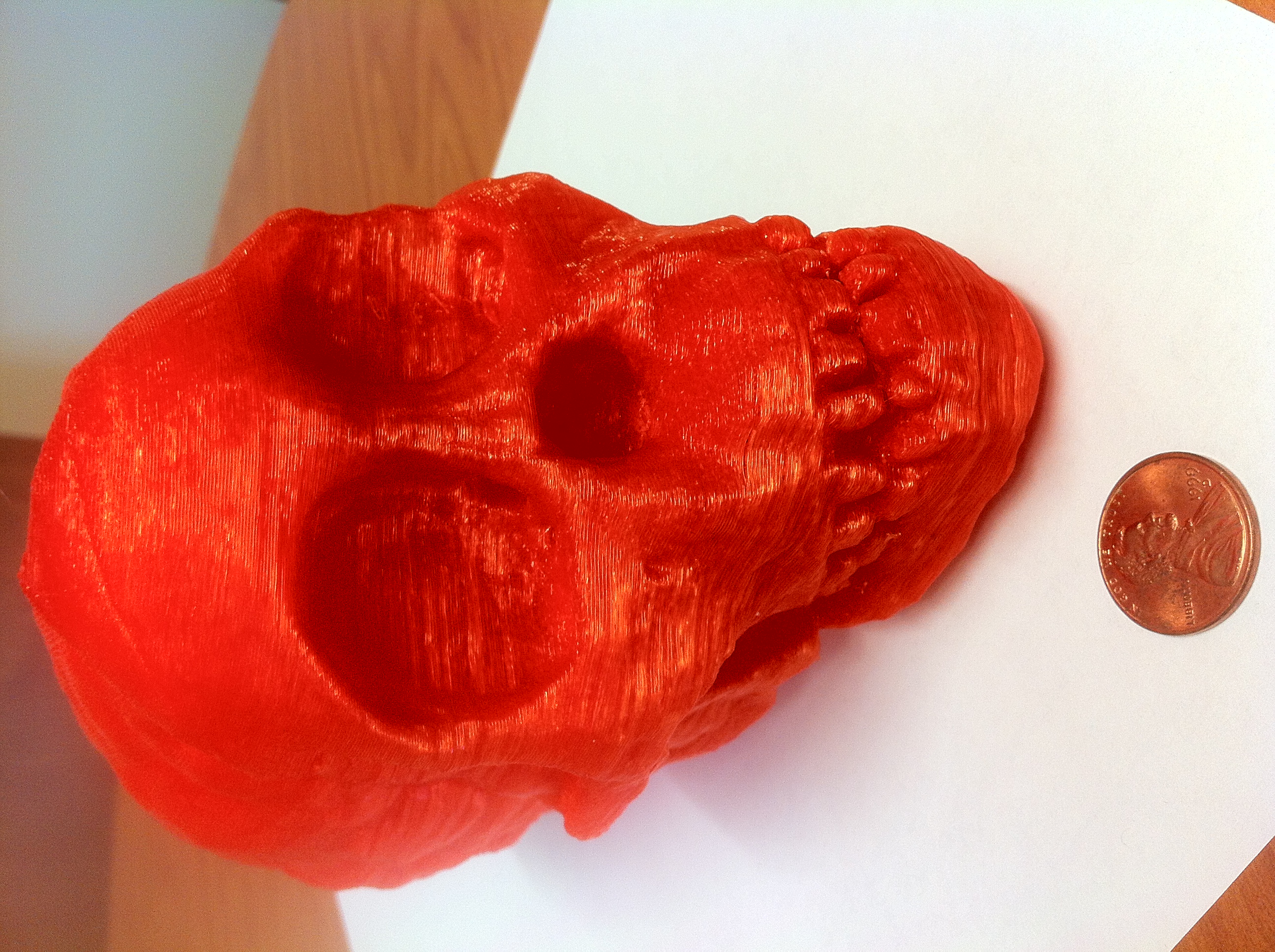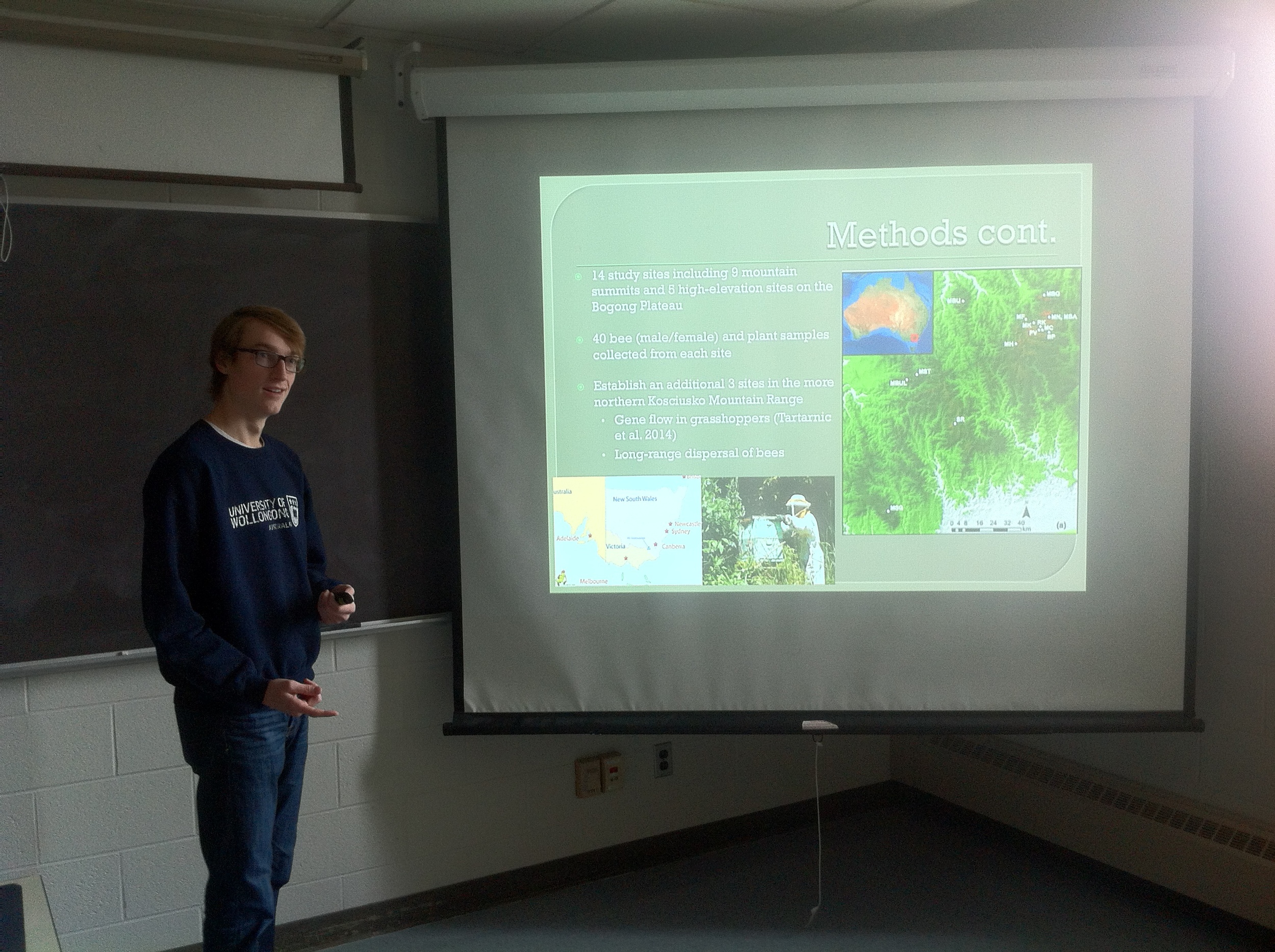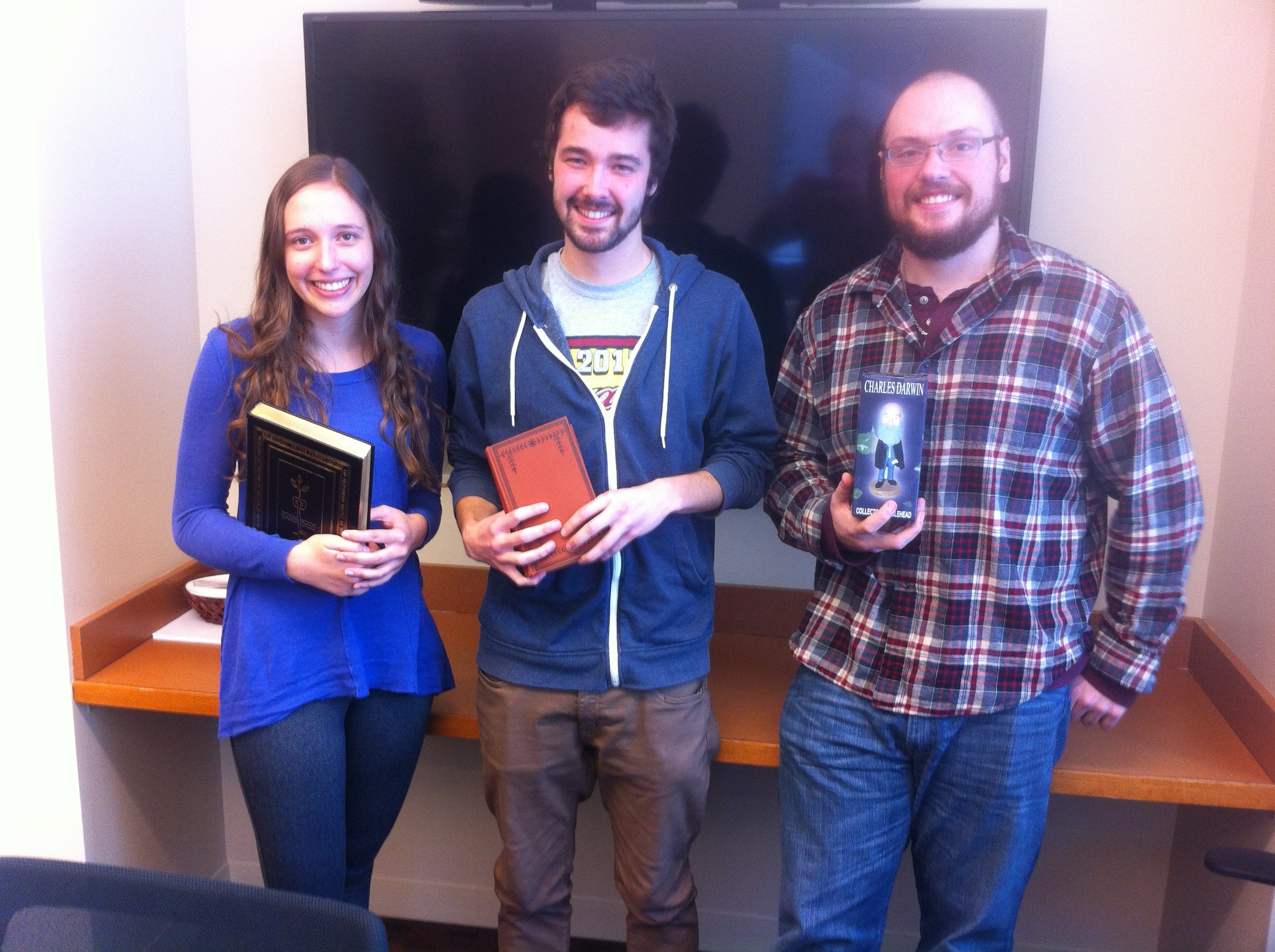In the summer of 2014, I joined the Department of Biology at Colgate University as a Visiting Assistant Professor. There, I developed two new courses (BIOL 354: Evolutionary Biology (Syllabus) and BIOL 101: Ecology and Evolution of Parasites (Preliminary Syllabus) ) and served as an instructor for an additional course (BIOL 181L: Laboratory in Ecology, Evolution and Diversity).
I built each aspect of BIOL 354 and BIOL 101 upon three principles:
- Students learn and are most effectively evaluated in various ways;
- The more a student feels ownership of a course, the more engaged that student is likely to be;
- Connecting course material to modern-day phenomena that are relevant and accessible to students promotes deeper understanding and an excitement to learn.
To realize these ideals, I replaced some traditional testing with a multitude of assignments of various intensities and values, in addition to practicing diverse modes of instruction. Virtually all assignments permit students latitude to choose the topic of their work, some allow them to choose the format of the work itself, and most encourage students to make connections to topics they find to be relevant in their lives in the context of the course material. Weekly reading responses allow students to take time with one of the primary literature articles, book chapters or podcasts assigned for that week and submit not a summary, but a brief response detailing what they found surprising, troubling or interesting. Article critiques allow students to more deeply investigate a scientific article, a popular news article or social media post with scientific claims.
A semester-long grant proposal project (or poster session project, in BIOL 101) gives students the opportunity to flex their creativity not only in choosing a topic and research perspective they find interesting, but the presentation portion of the proposal allows them to choose any format to communicate the significance of their proposed research to their classmates. Traditional presentations, as well as innovative videos, podcast series, and interactive web-based presentations have been proposed in BIOL 354. Frequent checkpoints keep students on track for successful completion of this longer-term project. In BIOL 354, all of these assignments go through at least one round of peer-review so students can practice giving, receiving and incorporating feedback into revisions. Short and frequent in-class quizzes serve as more immediate feedback so students can easily track their progress in the course. This variety of assessments, along with my commitment to transparent assessment through the use of rubrics made available to students prior to due-dates, has resulted in a rigorous classroom experience that emphasizes learning gains yet reduces overall student anxiety.
Results from the first semester of BIOL 354 (Evolutionary Biology) were encouraging. There was sufficient interest and excitement about the course that I will be teaching it again in the spring of 2015. Students not only enjoyed the class, but also felt that the learning objectives had been met (Student Evaluation of Teaching forms from all classes taught at Colgate University are available upon request). I was most impressed by their work on the semester-long grant proposal project. I awarded several prizes, including those for best written proposal, best proposal presentation and most creative proposal presentation. See the links below for the abstracts of some of the winning assignments (shared with permission of the students).
Measuring Current Population Viability across Gray Wolf (Canis lupus) Populations and the Benefits of Reintroducing Gene Flow via Genetic Rescue and Habitat Corridors by Kelly Pittenger (PDF of abstract)
A New Approach to Phylogenetic Analysis of Cetacean Divergence: Sensory Characteristics In the Drivers Seat by Nick Whalen (PDF of abstract)
Below are a few pictures from BIOL 354: Evolutionary Biology.



